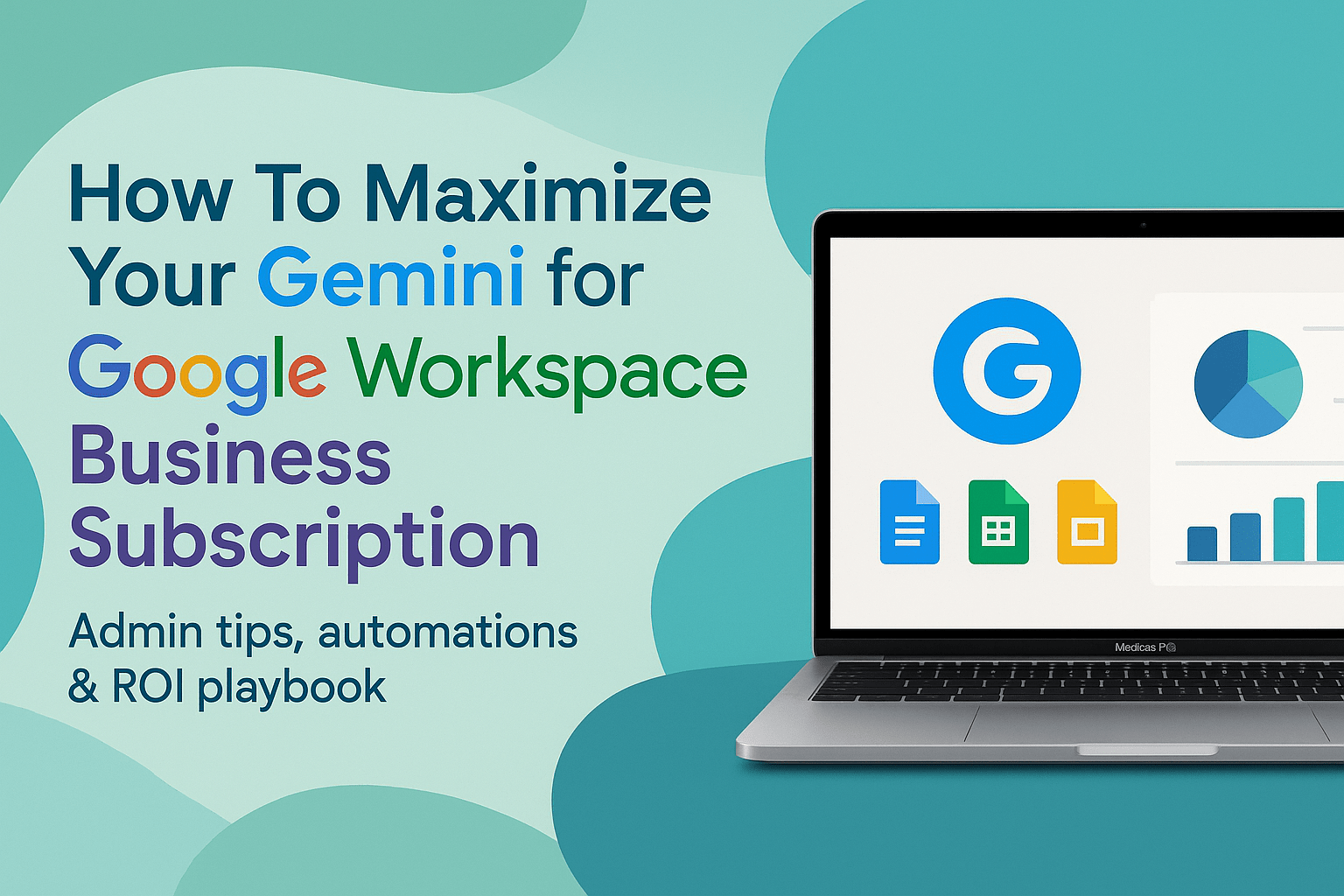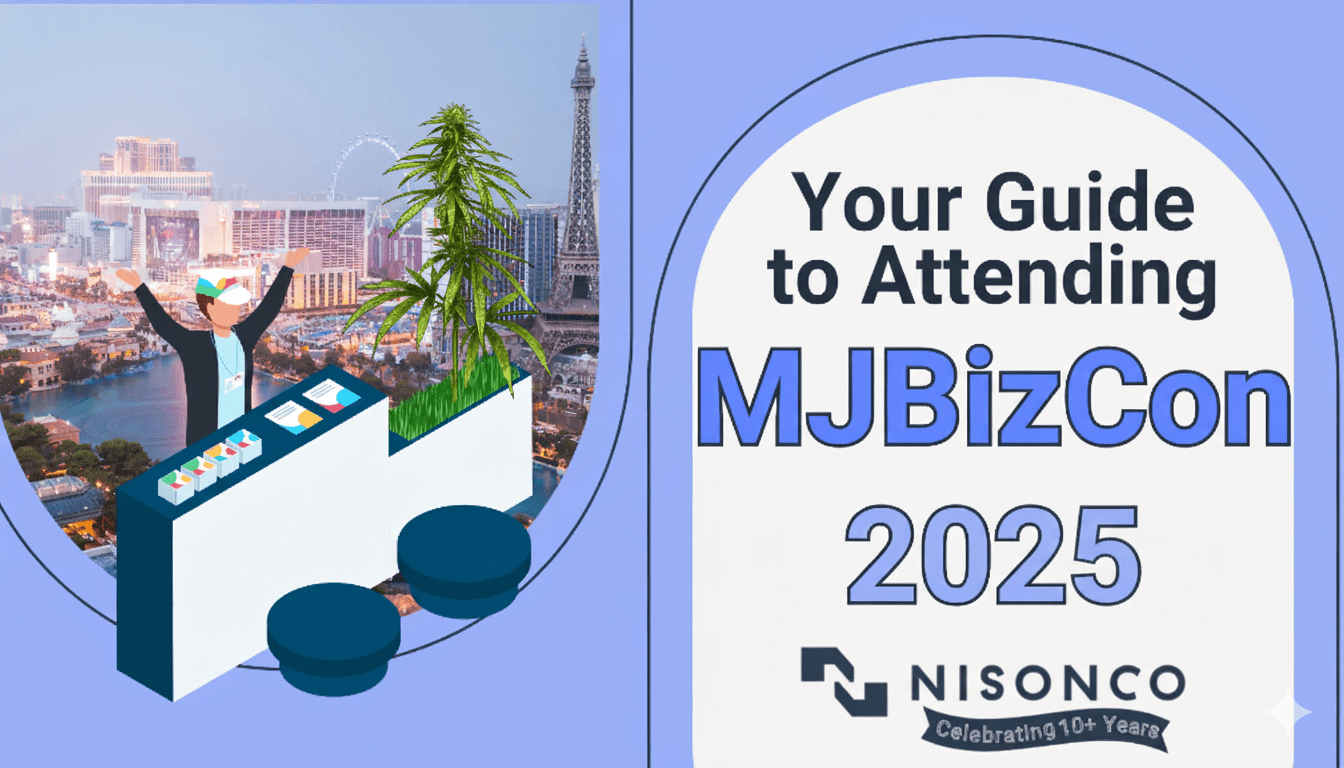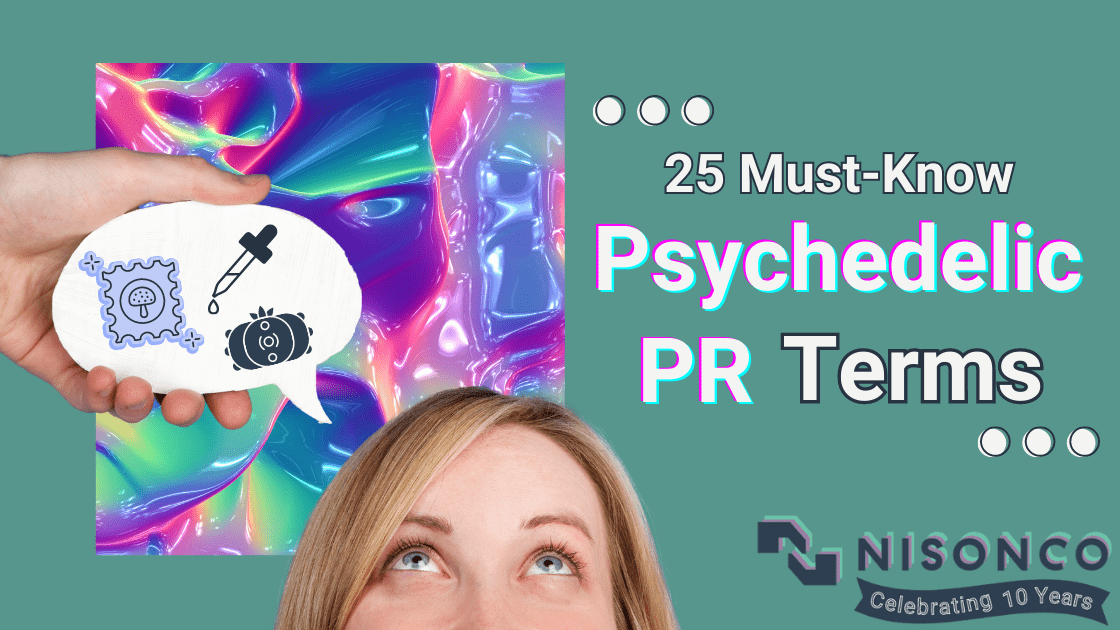Is the New Gemini in Google Workspace Worth the Cost? Understanding Your Subscription Value
Google’s pricing restructure moved AI from premium add-on to standard feature, but understanding what’s included in each tier remains important for maximizing value. The question many business owners ask: what does the included Gemini actually do that justifies the subscription cost?
Justifying Cost of Google Workspace with Gemini: Feature Comparison
Business Starter ($7/month) provides basic AI functionality with the standalone Gemini app and Gmail’s “Help me write” feature, but lacks the side-panel integration that makes AI truly useful for business workflows.
Business Standard ($14/month) provides the most comprehensive AI features for small and medium businesses. This tier includes side-panel integration across Gmail, Docs, Sheets, Slides, and Drive, plus access to NotebookLM for research tasks. For most businesses, this represents the best Gemini for Workspace ROI.
Business Plus ($22/month) offers identical AI capabilities to Standard but includes more storage (5TB vs 2TB) and advanced security tools like Google Vault.
Enterprise plans add exclusive features like automated meeting notes in Google Meet and AI-powered security protections.
Daily Uses for Gemini in Business: Integrating AI into Your Workflow
How to Actually Use Gemini in Gmail Every Day
Gemini can summarize long email threads and draft responses using available context. The side panel extracts key decisions and action items from complex conversations, while “Help me write” generates context-aware replies.
The system works best when you provide specific instructions: “Draft a follow-up email referencing our discussion about their Q4 budget concerns and propose a meeting next Tuesday to address their specific questions about ROI.” This feature alone can save hours weekly for businesses managing multiple client relationships.
Content Creation and Writing Support
The “Help me write” feature can generate initial drafts and outlines for various business documents. Rather than starting with a blank page, you can request structured content like project proposals or policy documents.
The side panel allows you to reference other files in your Drive while writing, creating connections between related documents. However, expect to spend significant time editing and refining AI-generated content to match your specific needs and voice.
Gemini for Google Sheets: Practical Data Processing Examples
Gemini can help create structured spreadsheets and analyze existing data. You can request specific table formats or use the Enhanced Smart Fill feature to complete data patterns automatically.
The =AI() function enables in-cell text processing and categorization. For customer feedback analysis, you might paste survey responses and ask Gemini to categorize sentiment or identify common themes. Results require human review for accuracy, especially for nuanced content.
Presentation Creation with AI
The “Help me visualize” feature eliminates the need for generic stock photography by generating custom images directly from text prompts. You can request: “Create an abstract illustration representing data integration across multiple platforms, using blue and green corporate colors.”
Gemini can also generate entire presentation slides based on content from other documents. You might prompt: “Create a slide outlining our Q1 implementation timeline, based on the project plan in the ‘Client Proposal’ document in my Drive.” This integration across the Workspace suite streamlines presentation creation significantly.
Understanding AI Tool Performance in Practice
At NisonCo, we’ve been testing Gemini extensively across our operations to understand where it excels and where other AI tools still lead. Our experience reveals important insights for business implementation.
Gemini’s integration with Google Drive provides seamless access to your internal documents, allowing queries like “Catch me up on emails from Project Clover” or “Summarize the key takeaways from all documents in this folder.” However, we’ve found that Claude consistently outperforms Gemini for complex analytical tasks.
For instance, when our CEO needed to extract standard language from recent contracts, Gemini fabricated provisions that had never been used, even when prompted for verification. Claude, conversely, accurately identified the correct language on the first attempt. This highlights a critical lesson: while Gemini excels at content integration and basic assistance, complex analytical tasks still require careful tool selection and human verification.
Advanced Research and Business Intelligence Features
Deep Research: Comprehensive Information Gathering
The Deep Research feature conducts multi-source investigations on complex topics. Unlike standard web searches, it systematically reviews multiple sources and synthesizes findings into structured reports with citations.
At NisonCo, we regularly use Deep Research for creating blog research briefs and comparing AI tools as new ones emerge in the market. For instance, when evaluating whether to adopt new AI platforms, we prompt: “Compare the capabilities, pricing, and integration features of the five leading AI writing assistants for business use, focusing on accuracy, collaboration features, and enterprise security.”
The process involves reviewing Gemini’s proposed research plan before execution, giving you control over scope and direction. Results export directly to Google Docs for further editing and collaboration. While useful for market analysis and competitive research, expect to verify findings and supplement with additional sources for critical business decisions.
NotebookLM Integration for Business Research
NotebookLM serves as an AI research assistant that works alongside Deep Research to create comprehensive knowledge bases. You can upload company documents, competitor materials, and research reports to create a queryable database of information.
This proves particularly valuable for competitive analysis and market research, where you need to synthesize information from multiple sources over time.
Business Intelligence Applications
Gemini can help organize competitive research by synthesizing publicly available information about competitors’ strategies, pricing, and positioning. Start with broad competitive landscape queries, then use NotebookLM to analyze collected materials like competitor white papers and case studies.
At NisonCo, we combine Deep Research with our internal knowledge to create comprehensive research briefs for blog content. When researching emerging AI tools, we use Deep Research to gather current market information, then supplement with our hands-on testing experience to provide balanced, practical insights.
Create tracking spreadsheets to monitor competitor movements over time. While helpful for organizing research, the analysis remains surface-level and requires significant human interpretation for strategic insights.
Effective Prompting Strategies and ROI Optimization
How to Make Gemini Pay for Itself
Success with Gemini depends heavily on prompt quality. Basic prompts yield generic results, while detailed prompts with context produce more useful outputs that demonstrate clear ROI.
Persona prompting involves instructing Gemini to adopt specific roles: “Act as a professional tech journalist writing for TechCrunch. Draft a 500-word article announcing our SaaS product, focusing on innovative features and competitive advantages.”
Step-by-step reasoning helps with analytical tasks: “Analyze the attached customer feedback data. First, identify all comments related to customer support. Second, categorize sentiment. Third, extract the top three themes from negative comments.”
Context-rich prompts include background information, target audience, desired format, and tone requirements for better results.
AI Tool Selection Strategy
Through extensive testing at NisonCo, we’ve learned that different AI tools excel at different tasks. While Gemini integrates well with Google Workspace and provides good citation formatting in research, Claude consistently outperforms it for complex analytical work.
Our approach: use Gemini for content creation, document summarization, and research tasks where Google integration provides clear benefits. For analytical work, contract review, and tasks requiring detailed reasoning, other tools may prove more reliable.
Implementation Best Practices and Team Adoption
Planning Your Rollout Strategy
At NisonCo, we’ve found that successful AI adoption requires structured planning rather than random experimentation. Start by assessing your team’s current Google Workspace skills and setting specific, measurable goals like “reduce email drafting time by 25% within Q3.”
Enable email and Drive integration immediately—this gives Gemini context about your business rather than operating as a generic assistant. We use prompts like “Catch me up on emails from [specific project]” to quickly understand ongoing initiatives.
Understanding AI Limitations
Our hands-on experience at NisonCo has revealed important limitations of AI reliability. Gemini can produce confident-sounding but factually incorrect information—what researchers call “AI hallucinations”.
During contract review, Gemini fabricated arbitration provisions that our company had never used, even doubling down when challenged. This reinforced our protocol: never rely on AI for critical legal, financial, or policy information without human verification.
Our approach includes grounding prompts in trusted documents by referencing specific files in Drive. Instead of asking “What is our vacation policy?” we open the employee handbook and prompt: “Based on this document, summarize our paid time off policy.”
We treat AI as generating first drafts that require human review. Every piece of AI-generated content receives editing and approval before finalization. This maintains quality while capturing efficiency benefits.
Making Informed Decisions About AI Implementation
Gemini for Google Workspace represents a significant change in AI accessibility for businesses. The integration of these capabilities into standard business plans removes traditional cost barriers and creates new opportunities for operational efficiency.
NisonCo has spent considerable time testing and implementing these tools across our operations. Our AI consulting services help companies develop realistic implementation strategies that account for both capabilities and limitations of current AI technology.
Rather than viewing AI as a complete solution, we recommend approaching it as a powerful tool that enhances human capabilities when implemented thoughtfully. The businesses that succeed will be those that learn to use these tools strategically while maintaining appropriate oversight and quality control.
Contact NisonCo today to discuss how AI implementation can fit into your business operations without the hype or unrealistic expectations.
We’re here to help you navigate the practical realities of AI adoption.



